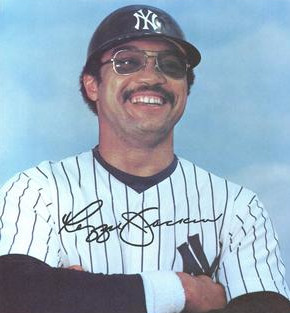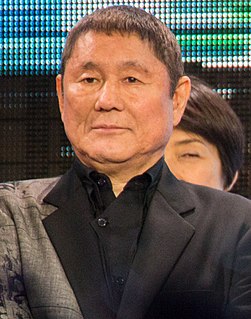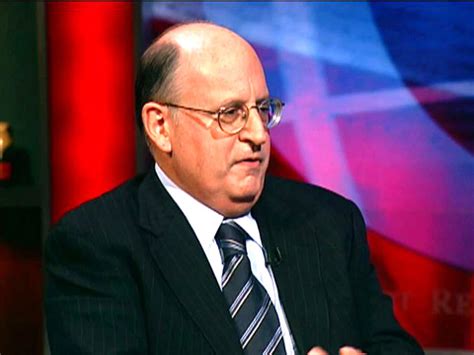A Quote by Stephen Rodrick
As anyone who has read 'Sports Illustrated's Steve Rushin knows, it's quite possible to write an unreadable column without being a TV pundit. But if you want to be a consistently good columnist, you can't be on television.
Related Quotes
I had written a lot about my dog dying before. I wrote a newspaper column about it and it turned out to be the most popular column I'd ever written. That and the lame Joni Mitchell column I did. But the dog column, my god! People love dogs. Anybody who writes regularly should know, when in doubt: dogs! If you're a columnist, when in doubt, write a column about the culture of narcissism - like a scolding column about the culture of narcissism - or write something about dogs. That's the homerun in my take.
When my TV show, 'Sports Jobs with Junior Seau,' assigned me to be a 'Sports Illustrated' reporter for a weekend, I didn't realize I'd have to squeeze it in around another sports job. I had planned to retire from the NFL to enjoy the cushy lifestyle of a full-time reality TV star, but I wound up getting run over by a bull.
I find interesting characters or lessons that resonate with people and sometimes I write about them in the sports pages, sometimes I write them in a column, sometimes in a novel, sometimes a play or sometimes in nonfiction. But at the core I always say to myself, 'Is there a story here? Is this something people want to read?'
The best thing about conceptual poetry is that it doesn’t need to be read. You don’t have to read it. As a matter of fact, you can write books, and you don’t even have to read them. My books, for example, are unreadable. All you need to know is the concept behind them. Here’s every word I spoke for a week. Here’s a year’s worth of weather reports... and without ever having to read these things, you understand them.
I can write any kind of novel I want, any time, and sell it, but there's not that many people watching it. Even a low-rated TV show is a couple million more people than read my books. You want to be read, in essence. If you're a television writer, you're a writer and you want people to read your stuff. You're still reaching a bigger audience, that way. That's a philosophical way to look at it.
































